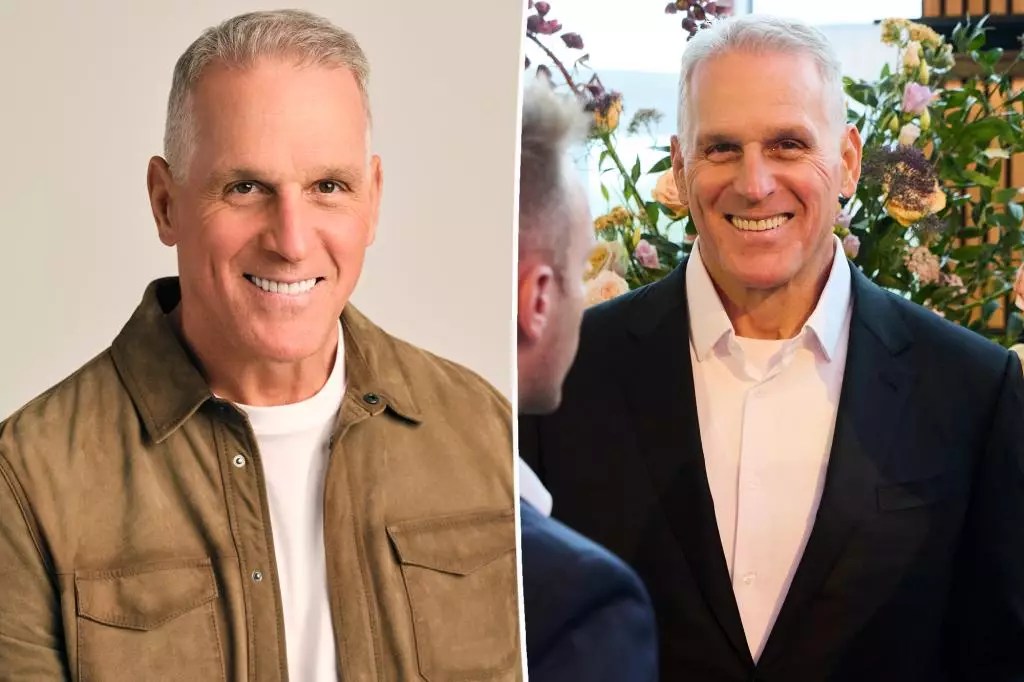Mel Owens, the new star of ABC’s “The Golden Bachelor,” recently sparked controversy by openly declaring his unwillingness to date women over 60. At 66 himself, Owens’ criteria for potential partners—women aged 45 to 60 who are physically fit—reflects a superficial and ageist mindset that is troubling on multiple levels. While it’s natural to have personal preferences, broadcasting such stringent limitations, especially in a public forum, perpetuates harmful stereotypes about aging and attractiveness. His candid remarks about avoiding “artificial hips and wigs” sound dismissive and reducing older women to stereotypes, rather than recognizing the diverse realities of aging and individuality.
By framing his dating preferences as a sort of fitness filter, Owens misses a vital truth: meaningful relationships transcend physical attributes or age brackets. Instead, they flourish through genuine connection, emotional compatibility, and shared values—elements that “fit” far more than aesthetics or chronological age.
The Broader Implications of Ageism in Reality TV
“The Golden Bachelor,” as a spin-off of the popular franchise, has a prime opportunity to reshape cultural narratives around aging and love. Yet, messages like Owens’ demonstrate that even reality TV struggles to escape embedded ageist prejudices. By imposing rigid age restrictions and discriminating against women based on appearance or medical interventions, the show inadvertently reinforces the idea that getting older diminishes one’s desirability and worth.
The backlash Owens received on social media—from pointed remarks about his attitude to outright calls out for ageism—highlights that many viewers reject this outdated mindset. It also exposes a double standard where older men often express loneliness or difficulty dating but simultaneously dismiss older women. This dismissive stance reveals insecurity and a lack of self-awareness about aging’s complexity for all genders.
In reality, aging is an individual journey, rich with personal growth and new opportunities. The notion that “fitness” defines value perpetuates a youth-obsessed culture hostile to natural aging and overlooks the strength and beauty found in maturity.
Contrasting Realities: The First Season’s Journey
When reflecting on the previous season of “The Golden Bachelor,” starring Gerry Turner, we see a different narrative flow. Turner, then 72, dated women aged 60 and above and even proposed to 71-year-old Theresa Nist. Their union, though short-lived, was celebrated widely, offering viewers hope that love can blossom at any stage of life. Despite their eventual separation, both Turner and Nist spoke with respect and openness, emphasizing the positive connections and support they received.
Unlike Owens, Turner’s season embraced a broader age spectrum and appeared more accepting of the realities and imperfections that come with age. Their story serves as a reminder that love on such shows—and in life—doesn’t need to follow rigid rules of youthfulness or physical perfection.
Why Authenticity Should Trump Age Boundaries
Reality television’s allure often rests on its portrayal of authentic human stories. Yet, when stars like Owens openly reject entire age groups, it undermines that authenticity and pushes harmful narratives that aging equals decline or irrelevance in romance. Shows like “The Golden Bachelor” should challenge, not reinforce, societal ageism.
The focus should shift toward celebrating emotional connection, shared experience, and mutual respect rather than adherence to arbitrary age brackets or physical criteria. In truth, attraction and love are complex and happen on many levels—something a checklist of age limits can never capture.
Moreover, such an emphasis on superficial traits erodes confidence among mature viewers who seek representation and affirmation rather than exclusion. Reality dating series cater to audiences craving relatable stories, and promoting narrow, exclusionary mindsets does a disservice to both participants and viewers.
A Call for More Thoughtful Casting and Messaging
Given the influence of mainstream media, casting decisions and contestant attitudes are more than entertainment—they help shape cultural perceptions. Producers and participants alike bear responsibility for fostering inclusive messages that respect all forms of love and companionship, regardless of age.
Unfortunately, Owens’ blunt admission about cutting women over 60 signals a missed chance to promote diversity in aging and romance. It reflects society’s ongoing struggle to embrace aging as a vibrant phase of life full of potential, rather than as a decline to be hidden or disavowed.
True progress will come when shows like “The Golden Bachelor” celebrate the full spectrum of mature romance without judgment—highlighting stories of depth, resilience, and unexpected connections. Only then can such series fulfill their promise of offering hope and inspiration for viewers navigating love later in life.







Leave a Reply